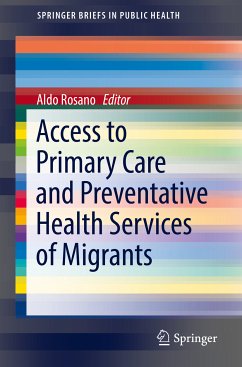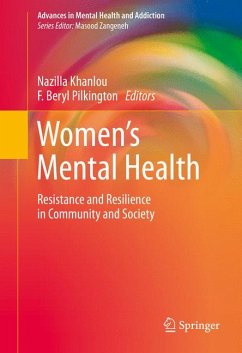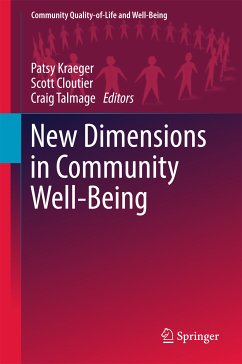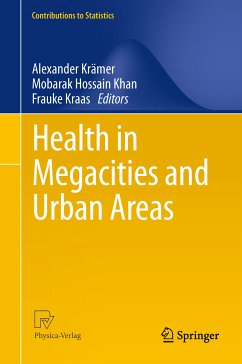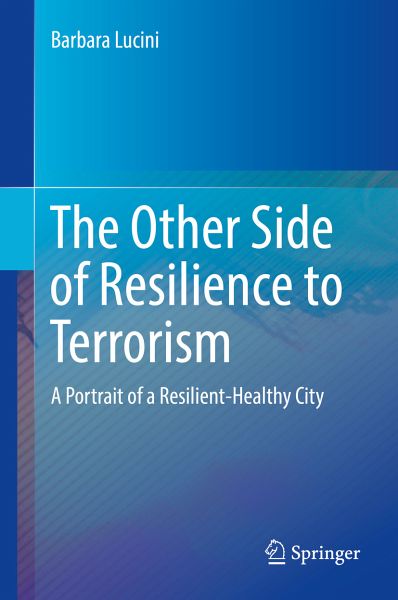
The Other Side of Resilience to Terrorism (eBook, PDF)
A Portrait of a Resilient-Healthy City
Versandkostenfrei!
Sofort per Download lieferbar
72,95 €
inkl. MwSt.
Weitere Ausgaben:

PAYBACK Punkte
36 °P sammeln!
This timely treatise introduces an innovative prevention/preparedness model for cities to address and counter terrorist threats and events. It offers theoretical background, mixed-method research, and tools for creating a resilience-based response to terrorism, as opposed to the security-based frameworks commonly in use worldwide. The extended example of Milan as a "resilient-healthy" city pinpoints sociological, political, and economic factors that contribute to terror risk, and outlines how law enforcement and emergency management professionals can adopt more proactive measures. From these o...
This timely treatise introduces an innovative prevention/preparedness model for cities to address and counter terrorist threats and events. It offers theoretical background, mixed-method research, and tools for creating a resilience-based response to terrorism, as opposed to the security-based frameworks commonly in use worldwide. The extended example of Milan as a "resilient-healthy" city pinpoints sociological, political, and economic factors that contribute to terror risk, and outlines how law enforcement and emergency management professionals can adopt more proactive measures. From these observations and findings, the author also makes recommendations for the professional training and city planning sectors to address preparedness issues, and for community inclusion programs to deter criminal activities in at-risk youth.
Features of the coverage:
The Other Side of Resilience to Terrorism will hold considerable interest for students, stakeholders, practitioners, and researchers. It makes a worthwhile text for various academic disciplines (e.g., urban sociology, crisis management) as well as for public agencies and policymakers.
Features of the coverage:
- Summary of sociological theories of terrorism
- The Resilience D model for assessing and managing urban terrorist activity
- Findings on resilience and vulnerabilities of terror groups
- Photo-illustrated analysis of neighborhoods in Milan, describing areas of risk and resilience
- Virtual ethnography with perspectives from native residents, recent immigrants, and security experts
- Proposals for coordinated communications between resource agencies
The Other Side of Resilience to Terrorism will hold considerable interest for students, stakeholders, practitioners, and researchers. It makes a worthwhile text for various academic disciplines (e.g., urban sociology, crisis management) as well as for public agencies and policymakers.
Dieser Download kann aus rechtlichen Gründen nur mit Rechnungsadresse in A, B, BG, CY, CZ, D, DK, EW, E, FIN, F, GR, HR, H, IRL, I, LT, L, LR, M, NL, PL, P, R, S, SLO, SK ausgeliefert werden.



